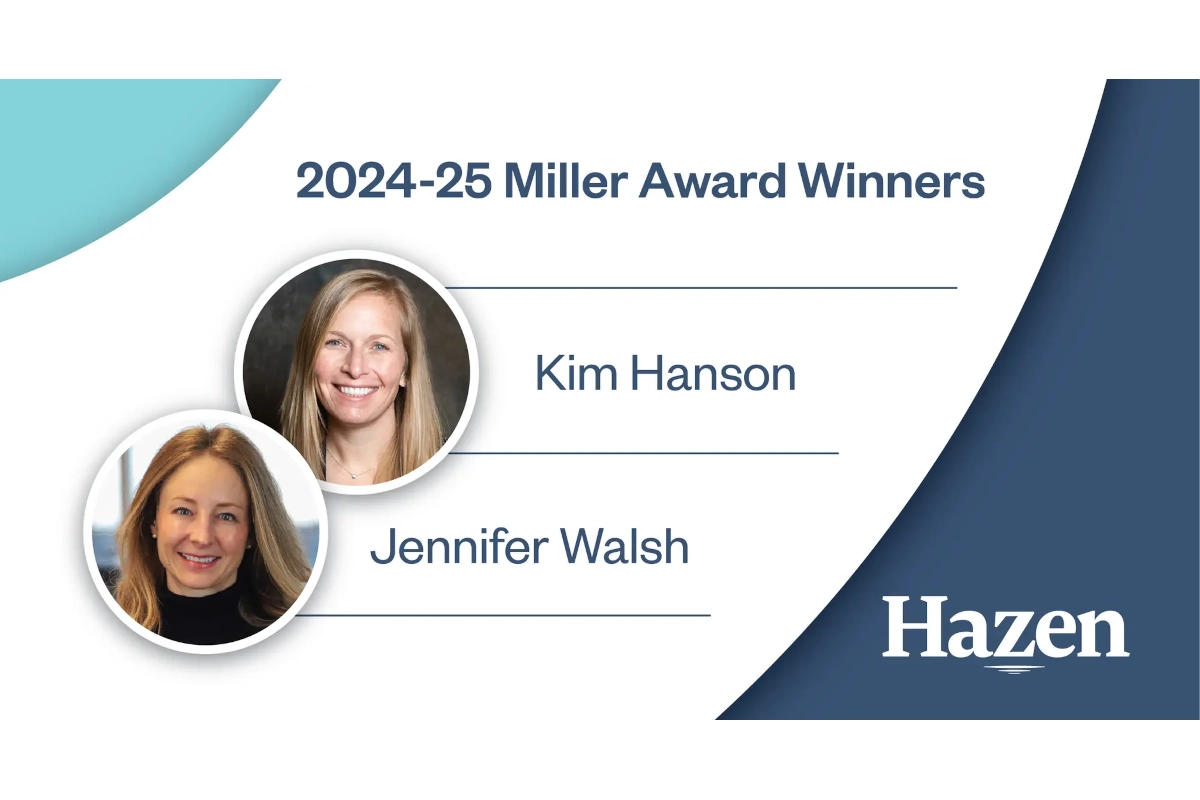
Ground Conditions and HDD Tools
Ground conditions play a crucial role in the success of horizontal directional drilling (HDD) projects. It is vital to have a thorough understanding of the physical and geotechnical characteristics of the soil and rock that the drilling process will encounter. This knowledge is essential to determine the construction of the soil, which can significantly impact the project’s success, safety and cost.
One of the most important reasons for knowing your ground conditions when performing HDD is safety. Inaccurate or insufficient knowledge of the soil and rock conditions can lead to unexpected ground collapses or other hazardous situations during the drilling process. This can put the lives of workers at risk and cause significant damage to the surrounding infrastructure. Therefore, it is essential to conduct a geotechnical survey to obtain a clear understanding of the ground conditions and identify any potential safety hazards that could arise during the drilling process. By doing so, you can take the necessary precautions to ensure the safety of your workers and the surrounding community.
Moreover, understanding the ground conditions is critical for planning the HDD project’s route. The location of underground utilities, the presence of obstructions, and other soil characteristics can impact the drilling process’s success. Identifying potential challenges beforehand allows for better planning and design of the project, which can ultimately save time and money.
For instance, if there is a high concentration of rock in a particular area, you may need to adjust the drilling path to avoid damaging the equipment or slowing down the process. By considering the ground conditions during the planning phase, you can create a more accurate project timeline and budget, which can lead to a more successful HDD project.
Another crucial factor that affects HDD performance is the soil’s composition. Soil with high clay content, for example, can create challenging drilling conditions that require specialized equipment and techniques. The high clay content can cause the soil to become sticky and challenging to remove from the borehole, leading to increased torque and risk of bit balling. In contrast, soil with high sand content may require additional drilling fluid additives to prevent borehole collapse, as the sand can easily move and cave into the borehole.
Understanding the soil composition enables HDD contractors to select the appropriate drilling method, equipment, and fluids to achieve optimal performance and cost-efficiency. By selecting the appropriate tools and techniques based on the soil’s composition, you can ensure that the HDD project is completed efficiently, with minimal downtime and reduced risk of equipment failure.
Different ground conditions require different drilling methods and tooling. For instance, when drilling in clay and clay-sand, tools with a high mixing action and good fluid pressure are necessary. Detergents, clay additives, and blades like the Rubble Blade and Fly Cutter or PDC Bit can be useful for cutting through such surfaces. These tools have fewer cutters, allowing debris to flow past them without balling. On the other hand, when drilling in rock and shale-type conditions, higher-powered cutting teeth are required to push debris out and away from the tools. Reamers and rock tooling with better cutting power, such as the Radius Rock Bit, Ultimate Blades and fluted reamers, can be used. Polymers, xanthan gums and detergents are helpful for a clean cut in these conditions.
To determine ground conditions, a geotechnical survey is typically ordered. These surveys gather information about the physical characteristics of soils and rocks that make up the area in which the drilling will take place, along with the groundwater level.
This is done by drilling boreholes at the site of the drilling project, and then those samples are analyzed in a lab. The results of these surveys will determine the tools and additive mixtures required for the job, ensuring that the drilling process is completed efficiently and on time.
Geotechnical surveys can provide valuable information about the ground conditions that can help minimize project risks and optimize project planning. They can help identify potential obstacles and underground utilities, assess the soil and rock stability, determine the best drilling method, and design the borehole path to minimize drilling difficulties.
It is important to note that geotechnical surveys should be conducted by experienced professionals to ensure that the data obtained is accurate and reliable. The survey results should be analyzed thoroughly to determine the best drilling method and tooling required for the job.
It is also essential to consider the size of the drilling rig when selecting tools for the job. The drilling rig must have enough power to work with the tooling required for the ground conditions. This factor can also affect the fluid mixes and flow through the back-reaming process. However, it is worth noting that there is no one-size-fits-all tool or reamer that can be used in all types of ground conditions. While some tools may be helpful in all ground conditions, such as a barrel reamer, it is essential to select tools that are suitable for specific ground conditions to achieve the best results.
In conclusion, understanding ground conditions is critical for the success of HDD projects. Ordering a geotechnical survey can provide vital information about the physical and geotechnical characteristics of the soil and rock.
Different ground conditions require different drilling methods and tooling, and the size of the drilling rig must be considered before selecting tools for the job. By taking these factors into account, HDD projects can be completed safely, efficiently, and on time.
It is always best to seek the advice of experienced professionals in HDD to ensure that the project is completed without complications.
Mary Johnson is the marketing coordinator at Radius HDD




